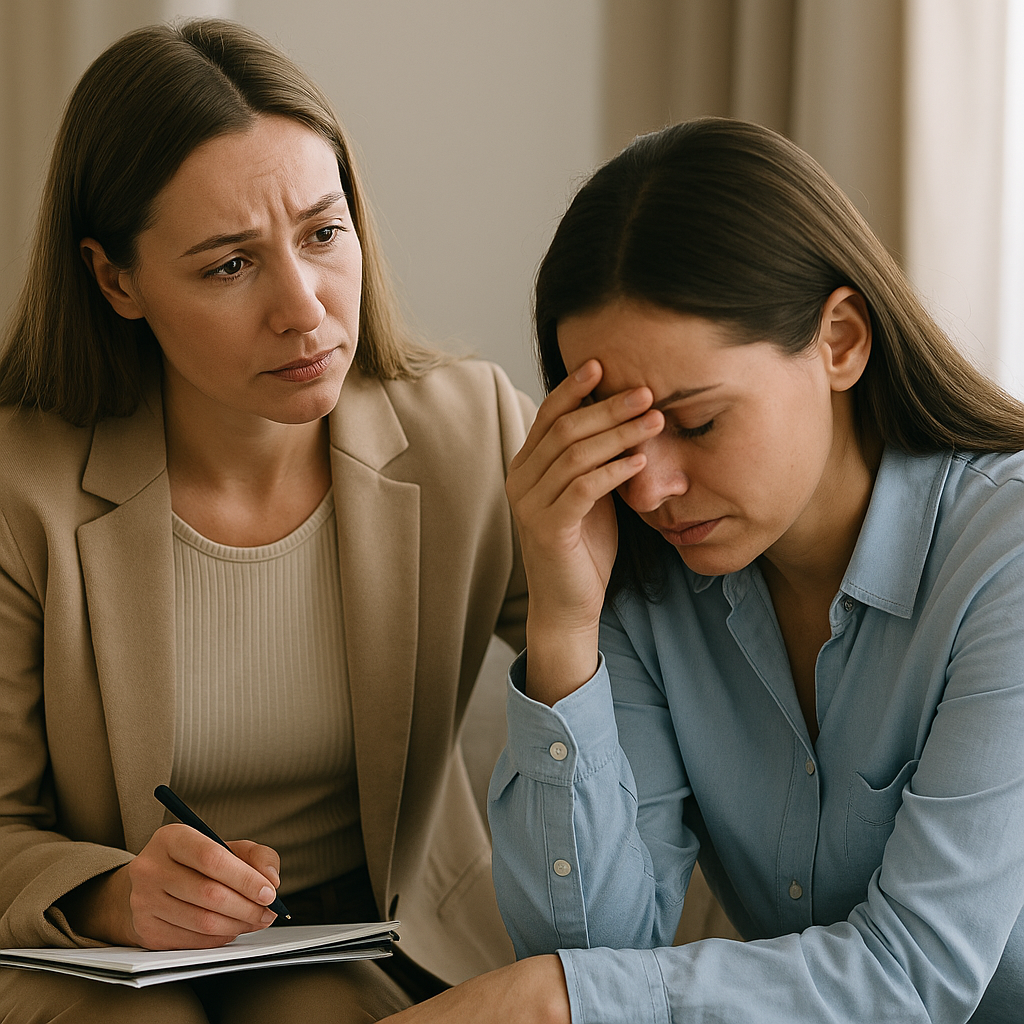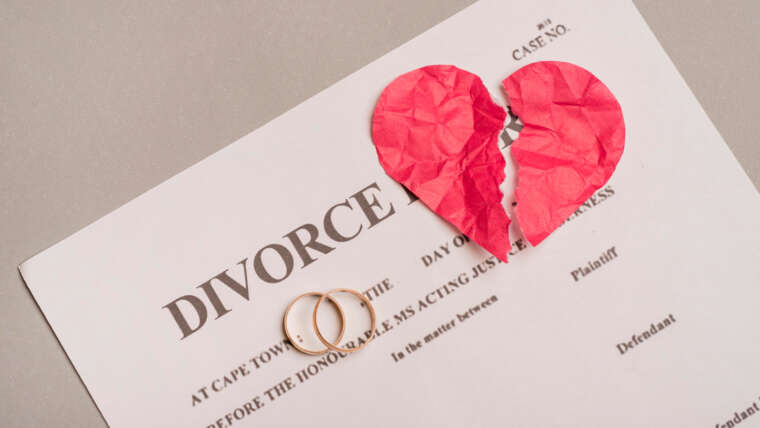Becoming the victim of a crime can be one of the most disorienting and painful experiences a person can endure. Whether it’s an assault, robbery, domestic violence, or fraud, the aftermath often leaves survivors feeling overwhelmed, unsafe, and unsure how to get truly safe. The good news is that across the United States, there are numerous resources available to support victims in their journey toward recovery — from crisis counseling and legal assistance to financial aid and advocacy. Understanding these resources can make a crucial difference in healing and regaining a sense of control.
National and Federal Support Programs
At the federal level, the Office for Victims of Crime (OVC), part of the U.S. Department of Justice, is one of the most comprehensive sources of information and assistance for crime victims. The OVC funds state programs and community organizations that offer direct services, including crisis intervention, emergency shelter, and compensation for certain crime-related expenses. Victims can visit ovc.ojp.gov to find local victim assistance programs or apply for financial compensation for medical bills, counseling, lost wages, and funeral expenses.
Another major federal resource is the National Center for Victims of Crime (NCVC), a nonprofit organization dedicated to advancing victims’ rights and connecting individuals with resources.
“Through their VictimConnect Helpline (1-855-4-VICTIM), survivors can speak confidentially with trained advocates who can help identify appropriate local services, explain legal rights, and offer emotional support.”, says VictimAdvocate.com, a victims advocate in St. Johns County
State and Local Victim Assistance Programs
Every state in the U.S. operates its own Victim Compensation Program and Victim Assistance Offices. These agencies, often managed through the state attorney general’s office or department of public safety, help reimburse victims for expenses directly related to the crime. Eligible costs may include medical treatment, counseling, relocation expenses, and, in some cases, lost income. Each state’s application process and benefit limits vary, but most require victims to report the crime promptly and cooperate with law enforcement.
In addition to financial compensation, many state programs also maintain Victim Notification Systems (VNS), which alert victims when an offender’s custody status changes — for example, when a prisoner is transferred, released, or escapes. This tool is invaluable for those who wish to stay informed and maintain a sense of security during legal proceedings.
Local law enforcement agencies and district attorney offices also frequently employ Victim Advocates who serve as liaisons between victims and the criminal justice system. These professionals can accompany victims to court hearings, explain legal terminology, assist with restraining orders, and connect survivors to counseling or support groups.
Specialized Hotlines and Support Networks
Different types of crimes often require unique forms of assistance. Fortunately, specialized hotlines exist to address specific victim needs.
- National Domestic Violence Hotline (1-800-799-SAFE) — Provides confidential 24/7 support, safety planning, and referrals for individuals experiencing intimate partner violence.
- RAINN (Rape, Abuse & Incest National Network) – National Sexual Assault Hotline (1-800-656-HOPE) — Offers trauma-informed crisis counseling and connects survivors with local sexual assault service providers.
- National Human Trafficking Hotline (1-888-373-7888) — Helps victims of labor or sex trafficking find immediate safety and long-term resources.
- National Elder Fraud Hotline (1-833-372-8311) — Provides support for older adults who have been financially exploited or scammed.
These helplines are free, confidential, and available 24 hours a day. Even if you’re unsure whether you qualify as a “victim,” these organizations can still provide clarity and assistance.
Legal and Advocacy Support
For many victims, navigating the criminal justice system can feel intimidating. Fortunately, numerous organizations specialize in offering legal advocacy and representation. The Victim Rights Law Center (VRLC), for instance, provides free legal help to survivors of sexual assault on issues such as housing, education, employment, and privacy. Similarly, Legal Aid offices in most communities assist low-income individuals dealing with restraining orders, restitution, or discrimination related to victimization.
Victims also have specific legal rights under the Crime Victims’ Rights Act (CVRA), which guarantees the right to be treated with fairness and respect, to be informed of public court proceedings, to confer with prosecutors, and to receive restitution when appropriate. Advocacy groups can help victims assert these rights when they feel overlooked or mistreated during investigations or prosecutions.

Mental Health and Community Healing
The psychological toll of crime can linger long after the legal process ends. That’s why mental health resources are a crucial part of recovery. Many community mental health centers offer trauma-focused therapy or support groups for survivors. National programs like The Trauma Recovery Center (TRC) model — active in several states — combine counseling, case management, and advocacy to address both the emotional and practical consequences of crime.
Faith-based and nonprofit organizations, such as the YWCA or Victims for Justice, also host group therapy sessions, workshops, and survivor-led initiatives that empower victims to rebuild their lives and connect with others who understand their struggles.
Taking the First Step
If you or someone you know has been affected by crime, reaching out for help is a powerful first step. Start with local law enforcement’s victim advocate office or call a national hotline for guidance. You don’t have to face the emotional, financial, or legal aftermath alone — an entire network of professionals, volunteers, and fellow survivors stands ready to help you heal and reclaim your sense of safety and strength.
For immediate assistance, you can contact the VictimConnect Helpline (1-855-4-VICTIM) or the National Domestic Violence Hotline (1-800-799-SAFE). Help is available, and you deserve


